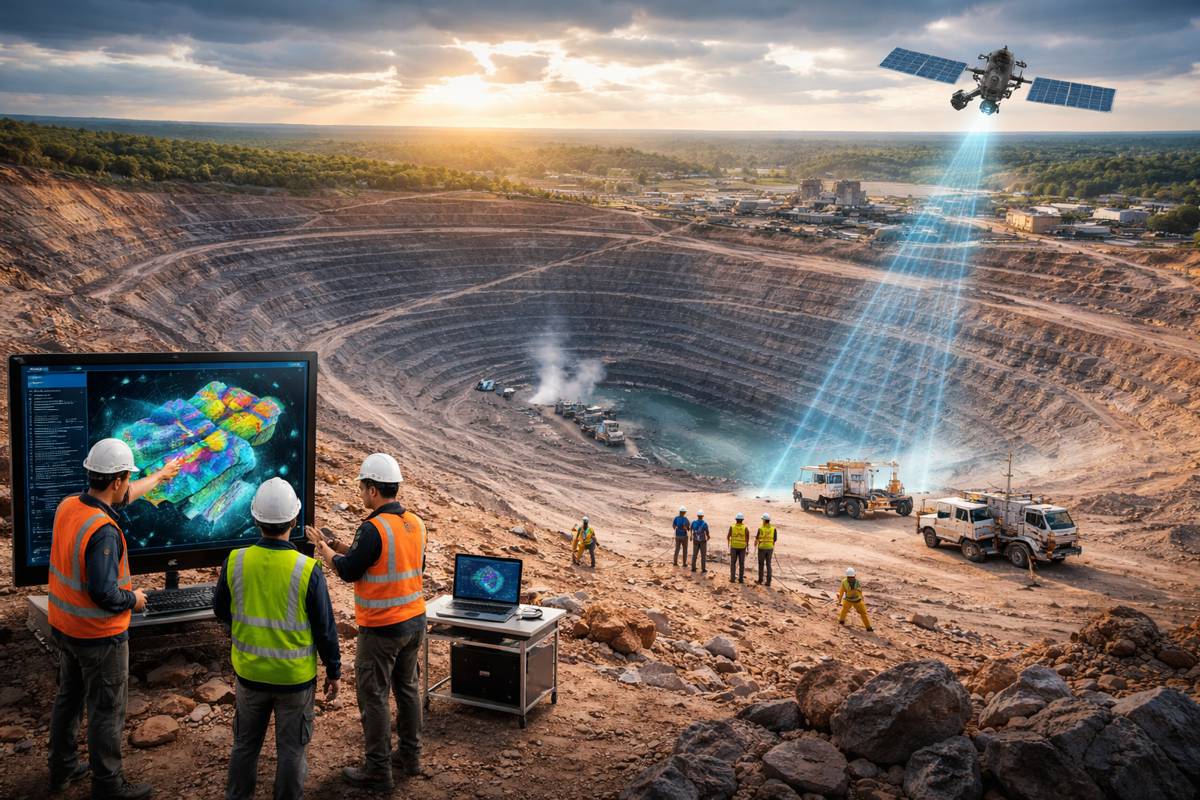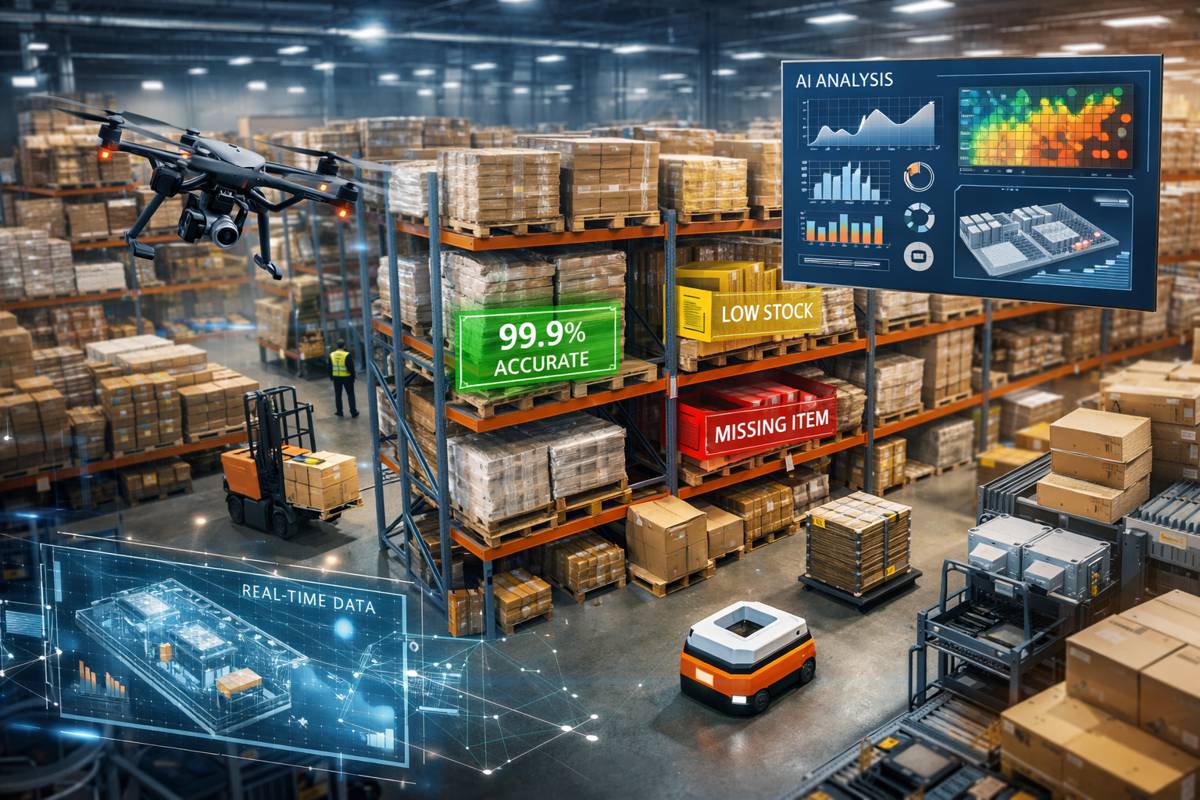Global Construction Industry shows a real commitment to Sustainability
The fourth edition of the World Green Building Trends SmartMarket Report makes a clear case that the design and construction industry is committed to building green. This seminal study of the drivers and business benefits of green building spans 79 countries across the globe
Sponsored since 2012 by founding partner Carrier, with major support for this edition from premier partner Autodesk and additional contributions from the American Institute of Architects and the U.S. Green Building Council, the report continues to show how green building provides powerful financial benefits in addition to social and environmental improvements.
The findings reveal that architects, engineers, contractors, owners, and investors from around the globe expect to engage in an increased level of green building in the next three years. Today, 28% of all respondents report that most of their building projects qualify as green, and 42% anticipate being at that level within the next three years, expanding that group by 50%.
This degree of engagement is particularly meaningful this year as the design and construction industry, like many other industries, has been profoundly affected by many different priorities. The study was conducted earlier this year, coinciding with clear evidence that industry would be coping with longer term impacts from the COVID-19 pandemic for the foreseeable future. There has also been a rising concern globally about social equity and other major social movements over the past year. Supply chain shortages have reached unprecedented levels in this millennium, placing great pressure on the industry.
“In the midst of a chaotic year, the consistency and degree of commitment to green building is extremely encouraging,” said Donna Laquidara-Carr, Ph.D., LEED AP, Industry Insights Research Director at Dodge Data & Analytics. “This suggests that green building will remain a priority for the foreseeable future.”
The commitment to green building comes from multiple drivers, which shows that the green building movement is perceived as more relevant, rather than less, in the light of the other challenges facing the design and construction industry in this current moment.
- Business Benefits: Building owners and investors report, on average, 10% lower operating costs in the first year and over 16% within five years.
- Policy: Design and construction practitioners cite the powerful influence of owner demand and environmental regulations on their engagement in green building.
- Doing The Right Thing: Nearly one third (31%) cite social reasons as an important driver, up from 25% in 2018 where it had been since 2012.
- Creating Healthier Buildings: This critical driver has been steadily increasing since 2015 and while certainly reinforced by the global pandemic, does not show a spike in the current findings because of it, suggesting a continually growing awareness of the impact of buildings on occupant health.
“Carrier has led the green building movement for decades, and we’re pleased to see that the commitment to sustainable buildings, products and services is expected to continue,” said Jennifer Anderson, Chief Sustainability Officer, Carrier. “Additionally, we understand the important role that buildings and technology play in protecting occupant health. The results of the survey validate a continued emphasis on healthy and sustainable buildings to benefit both people and the planet.”
This year’s report also includes new data on the importance and expected use of several new priorities and approaches to building green.
- The most important of these approaches is the creation of net-zero/net-positive buildings, ranked in the top three by nearly half (47%) of all global respondents. Nearly as many also expect to create these buildings in the next three years.
- Three other new approaches to increasing sustainability are expected to be used by more than 40% of the respondents in the next five years: controlling the embodied carbon in buildings, employing strategies to increase resiliency, and engaging in prefabrication and modular construction.
“Reducing the environmental impact of the built environment is mission-critical. Digitalization of the architecture, engineering and construction (AEC) industry streamlines workflows, reduces waste and offers a great opportunity to limit greenhouse gas emissions, while also designing and constructing more resilient buildings and infrastructure,” said Jim Lynch, senior vice president and general manager, Autodesk Construction Solutions. “The industry can use resources more responsibly through improved design coordination, construction planning, building execution and operation. We are optimistic about the future and believe together we can build a more sustainable, resilient and equitable world.”
The full report includes detailed data on the social and environmental factors driving green building, the obstacles that still impede wider use of green building, the current and expected use of green building products and systems, and the changes to buildings due to COVID-19. It also features regional findings from Australia and New Zealand, Asia, Europe, Latin America, the Middle East and North Africa, Canada and the U.S., and Sub-Saharan Africa.





























